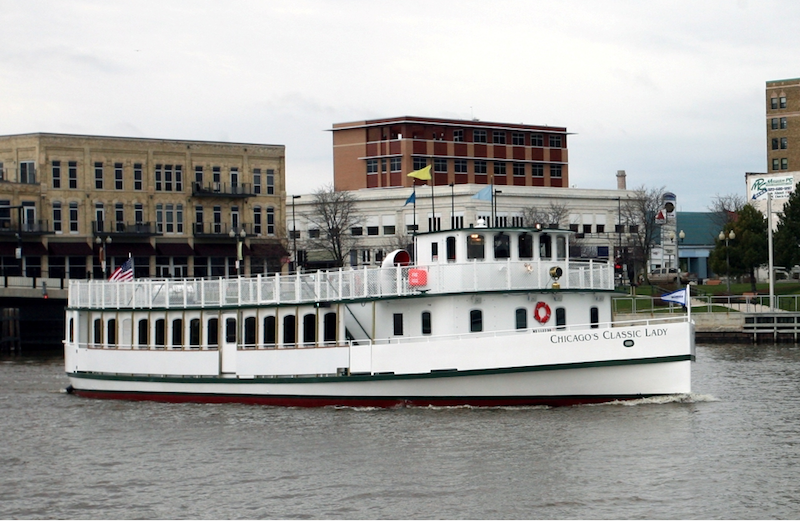Despite the coronavirus pandemic, shipyards across the U.S. have been busy building new workboats.
But it hasn’t been smooth sailing for the industry during these trying times with some yards closing for short periods to adjust to Covid-19-related impacts. Most, however, reopened fairly quickly after implementing local, state and CDC safety guidelines, with some able to adjust and continue working through the pandemic.
During these hard times, tugs, towboats, barges and other vessels are still in demand. Boats are under contract, under construction, and being delivered for both commercial and military customers on all coasts and the Great Lakes.
Ron Cleveringa with Burger Boat Co. said the company was fortunate to be deemed an essential business by the state of Wisconsin. “Burger immediately implemented Covid-19 precautions based on CDC and state guidelines throughout the shipyard. Overall, the impact of the pandemic on operations was kept to a minimum,” he told WorkBoat.
In Tuckahoe, N.J., Covid-19 forced Yank Marine Inc. to lock out all visitors and even the boat owners earlier this year. “They didn’t take it too well in the beginning,” said Bette Jean Yank. “It’s been difficult. Temperatures are taken at the gate, and we have been disinfecting like crazy.”
But on May 7, the shipyard was able to deliver the 599-passenger aluminum ferry Franklin D. Roosevelt, the first of three ferries, to NY Waterway.
Shipyards are busy, but they all must deal with Covid-19 challenges.
During Gulf Island Fabrication’s second-quarter earnings call in August, Richard Heo, president and CEO, discussed handling a big backlog during Covid-19. “As we attempt to increase headcount to support the execution of our historically high shipyard backlog, we are experiencing a greater degree of absenteeism for a variety of reasons, which include employees having concerns that they have symptoms of the virus, have family members or friends who have tested positive for Covid-19, or have overall apprehension due to Covid-19.”
The silver lining for shipyards is that backlogs are healthy and more workers are needed.



.JPG.small.400x400.jpg)

